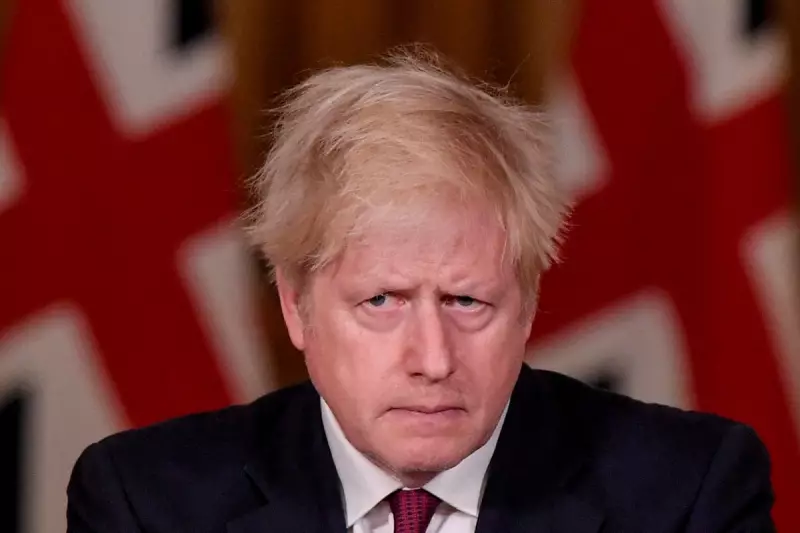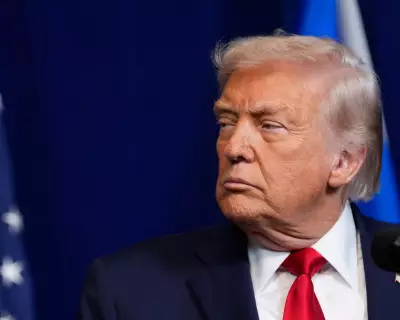
Fresh evidence has emerged contradicting Boris Johnson's official account of his activities during the critical period before the Covid-19 pandemic overwhelmed the UK.
A Contradiction in the Record
According to official records, the then-Prime Minister took four days off in February 2020, a time later described as a 'lost month' for the government's pandemic preparation. This break, which took place at the Chevening country estate, involved personal activities rather than official government business.
This revelation directly contradicts Mr Johnson's own sworn testimony given to the official Covid-19 public inquiry. The timing is considered particularly crucial as it fell in the narrow window the government had to prepare for the imminent public health crisis.
The Fatal Consequences of Delay
The official report from the Covid inquiry, chaired by Baroness Heather Hallett, delivered a damning conclusion. It found that Johnson's delay in implementing the first national lockdown was a decisive failure.
The inquiry estimated this procrastination led to approximately 23,000 additional and avoidable deaths. Despite this stark finding, Boris Johnson has refused to issue any apology for these fatalities.
Instead, he used a national newspaper column to launch a strong criticism of both the inquiry's chair, Baroness Hallett, and the prominent government adviser, Professor Neil Ferguson.
Outrage and Demands for Accountability
The response from the families of those who died during the pandemic has been one of fury and profound disappointment. They have publicly condemned the former Prime Minister's actions and his subsequent response to the inquiry's findings.
Describing his behaviour as 'beyond contempt', these grieving families are now calling for concrete consequences. Their demands include the removal of his ex-prime ministerial privileges, which include public funding and security arrangements.
Furthermore, some groups are actively considering legal action against Mr Johnson, seeking a form of accountability through the courts for his decisions during a period of national emergency.





